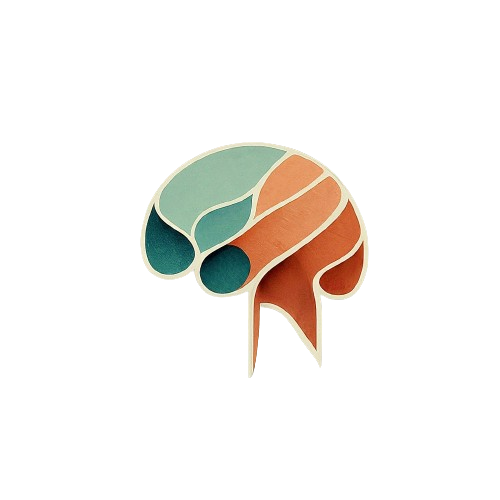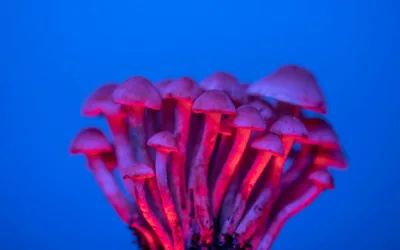Understanding Bipolar Disorder and Narcissistic Personality Disorder
Bipolar disorder and narcissistic personality disorder (NPD) are two distinct mental health conditions that require lifelong treatment. Bipolar disorder is characterized by intense mood swings, including episodes of euphoria (mania or hypomania) and depression. On the other hand, narcissistic personality disorder is marked by a lack of empathy, grandiosity, and an overwhelming need for validation. While these disorders are fundamentally different, there are some overlapping symptoms and connections worth exploring.
Bipolar Disorder Symptoms
Bipolar disorder involves significant mood swings, which include:
- Mania: Individuals may experience reduced need for sleep, engage in risky behaviors, exhibit hypersexuality, and have an inflated sense of self-worth. Manic episodes can be severe enough to require hospitalization. Bipolar I disorder involves manic episodes lasting about a week and depressive episodes lasting two weeks.
- Hypomania: Similar to mania but less intense, hypomanic episodes in bipolar II disorder last a few days and are accompanied by depressive episodes lasting about a week.
Narcissistic Personality Disorder Symptoms
Narcissistic personality disorder is characterized by:
- Grandiosity: Individuals may obsess over fantasies of immense success, power, and idealized personal achievements.
- Lack of Empathy: Those with NPD often exploit others to meet their needs without remorse and have an inflated sense of their own importance.
Connecting Bipolar Disorder and Narcissistic Personality Disorder
During manic episodes, individuals with bipolar disorder may exhibit traits that overlap with narcissistic personality disorder, such as:
- Grandiosity: Both conditions can feature an inflated self-esteem and grandiose behavior.
- Lack of Empathy: Mania can cause irritability and anger, sometimes resulting in behaviors that seem to lack empathy.
Age of Onset
Both bipolar disorder and narcissistic personality disorder typically begin in early adulthood. Bipolar disorder generally presents in the late teens or early twenties, while NPD also starts around the same age.
Diagnosis and Treatment
Diagnosis: Accurate diagnosis involves a comprehensive mental health assessment by a qualified clinician. This includes consulting the DSM-5-TR and exploring your mental health history, upbringing, and lifestyle to get a full picture of your condition.
Treatment for Bipolar Disorder:
- Medication: Mood stabilizers like lithium or anticonvulsants like lamotrigine are commonly prescribed. Antipsychotics may also be used.
- Psychotherapy: Helps manage triggers, challenge disruptive thoughts, and improve personal relationships.
Treatment for Narcissistic Personality Disorder:
- Medication: No FDA-approved medications specifically for NPD exist, but mood stabilizers, antipsychotics, and sometimes antidepressants may be used.
- Psychotherapy: Essential for addressing symptoms and improving interpersonal relationships.
Coping Strategies
Living with bipolar disorder and NPD can be challenging, with significant stigma and misinformation surrounding these conditions. Finding a qualified mental health professional and connecting with supportive communities can help manage the effects and reduce stigma.



